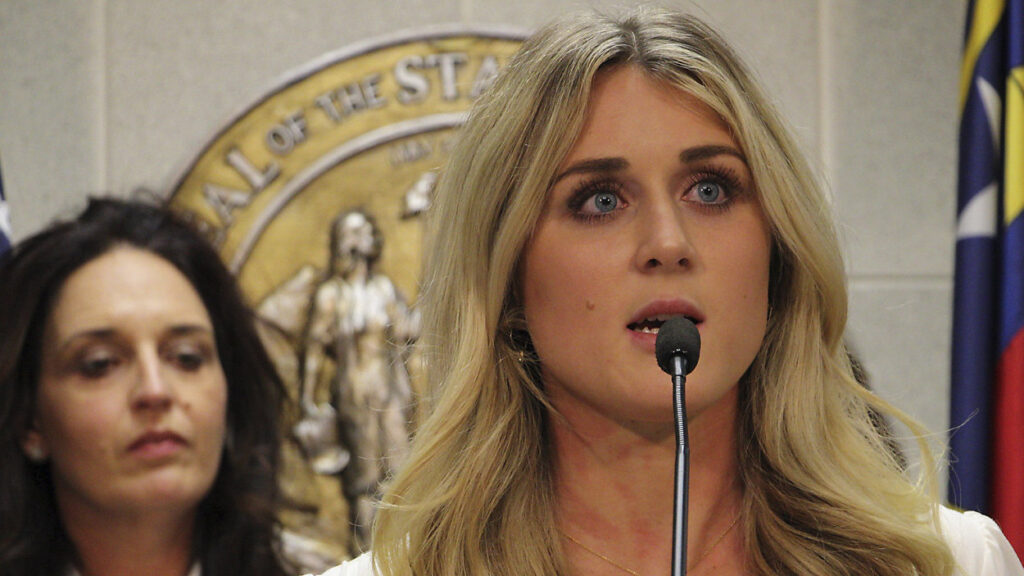In a significant stride towards ensuring the well-being and academic success of its students, Massachusetts has taken a bold step by passing a new law that guarantees free school meals for all public school students. This move has attracted national attention for its commitment to addressing food insecurity and leveling the playing field in education. The law, which comes as a part of a broader initiative, positions Massachusetts as a pioneer among states aiming to eliminate barriers to learning and provide equal opportunities for all students.
A Historic Step
Massachusetts has joined a select group of states that have embraced the concept of universal free school meals, a model that has been proven to benefit students across various socio-economic backgrounds. The legislation, widely lauded for its focus on children’s welfare, ensures that every student in public schools across the state has access to nutritious meals without any financial burden on their families.

This development follows in the footsteps of the “Breakfast After the Bell” law, implemented in Massachusetts a few years ago. The success of that initiative highlighted the positive impact of addressing hunger in the classroom, leading to increased attendance, improved academic performance, and enhanced overall well-being among students. The new law is an extension of this commitment to ensuring that no child is left behind due to hunger.
The Role of the Millionaire Tax
One of the key factors enabling the implementation of the universal free school meals law is the Massachusetts Millionaire Tax. This innovative approach to funding education and social programs garnered attention not just for its financial implications, but also for its intent to bridge the inequality gap. The tax levies an additional surcharge on incomes over a certain threshold, with the revenue generated dedicated to various initiatives, including free school meals. This approach has allowed the state to fund this significant policy shift without placing a burden on lower-income families.
Impact on Education and Society
The adoption of universal free school meals in Massachusetts holds immense potential for shaping the future of education and society. By ensuring that students have access to nourishing meals, the state addresses a fundamental barrier to learning. Research has consistently shown that hungry students are more likely to struggle academically, have lower attendance rates, and experience behavioral issues. By eradicating this concern, Massachusetts is paving the way for a more equitable and thriving education system.

Furthermore, the law has the potential to reduce the stigma associated with receiving free or reduced-price meals. When all students are entitled to meals without any distinction, it fosters an environment of inclusivity and removes the shame that some students might feel. This can contribute to a positive and supportive school culture that prioritizes the well-being of all students.
National and Global Implications
Massachusetts’ decision to provide universal free school meals carries significance beyond state borders. As the eighth state in the U.S. to adopt such a policy, it contributes to a growing momentum towards addressing food insecurity in education. Other states are likely to take notice of the benefits Massachusetts is expected to reap and might consider similar initiatives.
On a global scale, this move highlights the importance of prioritizing children’s welfare and education. The Massachusetts example showcases how innovative funding mechanisms, combined with a commitment to social equality, can lead to positive outcomes for students and society as a whole. As nations strive to meet the United Nations Sustainable Development Goals, which include ensuring access to quality education and eradicating hunger, Massachusetts serves as a beacon of inspiration.
Massachusetts’ decision to provide universal free school meals marks a pivotal moment in the state’s commitment to fostering a fair and robust education system. By addressing the issue of food insecurity in schools and promoting inclusivity, the state is poised to witness tangible benefits in terms of academic achievement and overall student well-being. As other regions contemplate similar policies, the Massachusetts model stands as a testament to the positive impact of visionary legislation and innovative funding approaches in shaping the future of education and society.




